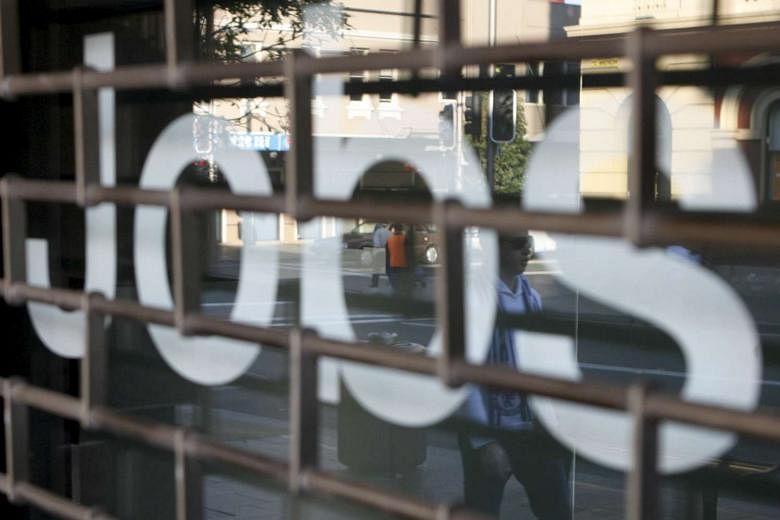SYDNEY (REUTERS) - Australian employment barely rose in February but the jobless rate still fell back to 5.8 per cent as fewer people went looking for work, a mixed report that did little to clarify the outlook for either the labour market or interest rates.
Data on Thursday (March 17) from the Australian Bureau of Statistics showed just 300 net new jobs were created in February, though full-time employment did increase by 15,900, offsetting a fall of 15,600 in part-time jobs.
Median forecasts had been for a rise of 10,000 in jobs and a steady unemployment rate of 6.0 per cent.
The monthly jobs numbers are notoriously volatile and the Reserve Bank of Australia (RBA) tends to focus on shifts in the unemployment rate to gauge the health of the labour market.
The drop to 5.8 per cent would likely be welcomed then, especially as the central bank had recently highlighted unemployment as a key source of uncertainty going forward.
"They are waiting for greater clarity about what's happening in the economy and what the unemployment rate is telling them is the positives are outweighing the negatives," said Michael Blythe, chief economist at Commonwealth Bank. "We are getting this trend decline (in unemployment), so no need for further rates' assistance."
Financial markets seemed to agree as investors lifted the local dollar to an eight-month high around US$0.7616 in the wake of the data.
Interbank futures still imply around a 50-50 chance of a rate cut by August, in part because policy steps by other major central banks were pushing the local dollar higher in a way that could prove a brake on exports.
Just on Wednesday the U..Federal Reserve signalled a slowdown in the planned pace of its policy tightening, sending the US dollar down across the board.
Asked about the Fed's move on Thursday, RBA Assistant Governor Guy Debelle said practically every central bank in the world was keen to see a falling currency that would support domestic economies.
"We would like a lower Australian dollar. But we can't all have depreciating currencies," Mr Debelle said, conceding it would be hard to engineer a decline in the Aussie.

